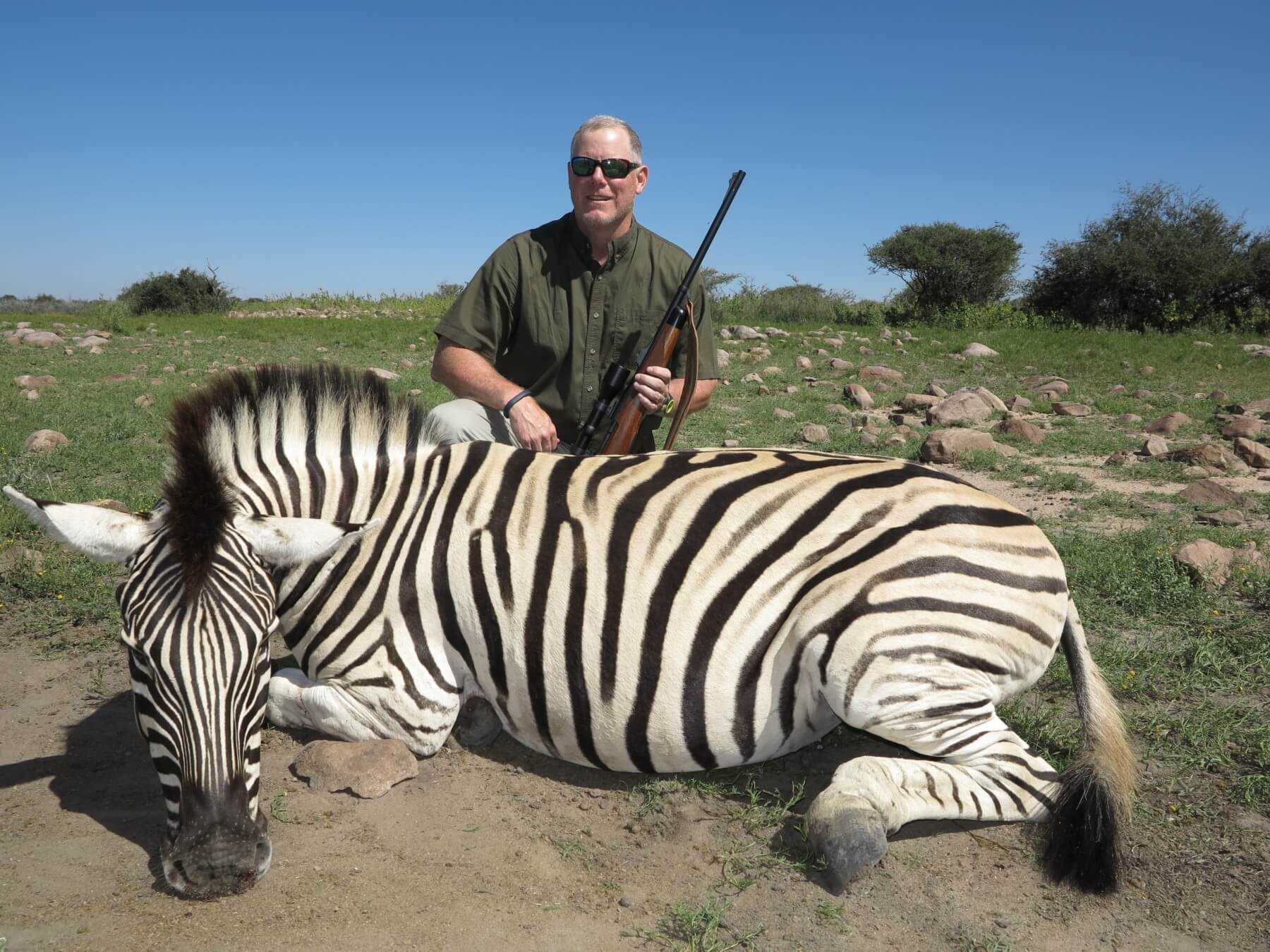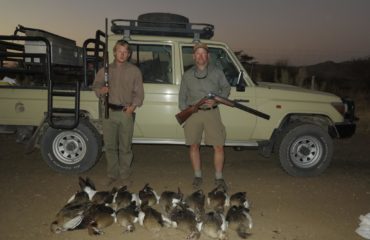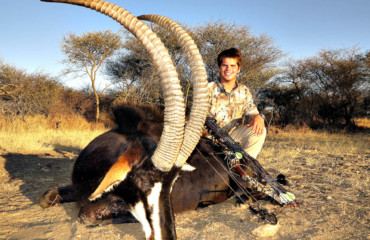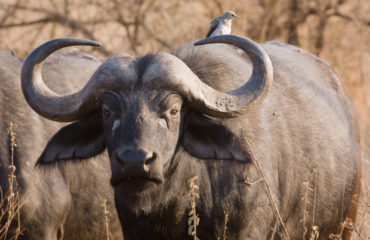When planning your Namibia safari, there are a few key guidelines, laws and helpful hints that will make your experience effortless.
1. A maximum of one-hundred (100) rounds of ammunition may be imported per hunting rifle. Only ammunition for the specific caliber may be imported.
2. It is legal to hunt with black powder rifles in Namibia.
3. It is illegal to transport black powder and percussion caps. These can be purchased in Namibia. Inquire with your trophy-hunting operator.
4. It is legal to import bows for bow-hunting purposes. No import permit is required.
Take out full insurance for all firearms before travelling anywhere in Africa. NAPHA recommends flying directly to Namibia from Europe into Hosea Kutako International Airport near Windhoek. This will minimise delays associated with firearm transport. Air Namibia offers a direct service.
Recent regulations have made travelling with firearms a time-consuming process when entering South Africa. Make sure that you stay in transit with your luggage. It is suggested that you adhere to the following procedure to minimise problems when travelling with firearms:
- All bags need to be adequately marked with nametags for identification;
- Pack an unloaded rifle in a sturdy carry case;
- Have a separate lockable container in which to store your ammunition separate from your rifle in your checked luggage;
- At the check-in counter at the point of departure, insist that the agent check your firearm through to Hosea Kutako International Airport, Windhoek. Your bag tag should read, for example: New York – Frankfurt – Windhoek OR Atlanta – Johannesburg – Windhoek. (This is sometimes not possible if the airlines that you are using do not have baggage agreements. Inquire about this before purchasing your ticket.);
- Windhoek Airport’s International baggage code is WDH; and
- Physically check baggage tag to ensure that it has been correctly printed and attached. Inquire if a colourful ‘in transit tag’ is necessary when travelling through another country.





